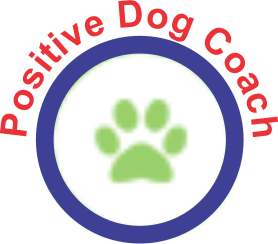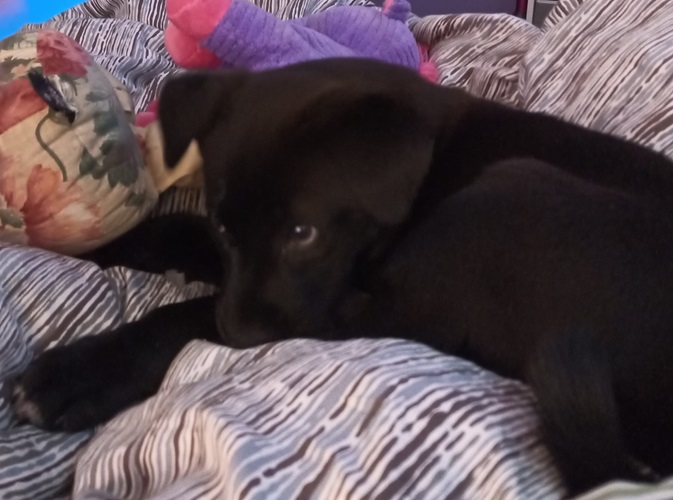One thing that we have a hard time not getting caught up in is comparisons. With many of our friends having dogs as well, we are constantly coming home after a visit and discussing how our dog is different from theirs. The thing is, every dog has their own strengths and weaknesses. There are so many factors that make up their behavior characteristics. Some of them may have nothing to do with the owners. When we consider the history of the dog and their environment, there is no way that they can all be the same. The age of the dog when the owners got them also has an influence because there are so many behaviors that the dog could have been rehearsing for months or even years before they got to their final furever home.
This is all information that we see on Facebook posts and through articles online or just in talking with people in our neighborhood. The number of situations that rescues and dogs from breeding situations come from is as high as the number characteristics they have. We need to remember that as we help Rylee navigate through to her adult and senior years. All that is important is that she feels safe, loved and that she trusts us. We need to keep our comparisons to what we have control over, which is how she was when we got her and how she is now.
Behavior Comparisons
Being hyper vigilant with our dog, it is hard not to always watch dog behavior as we walk Rylee in our neighborhood, while at park or at our friends homes. In these comparisons, we can easily forget that Rylee is her own dog and has her own temperament and characteristics. She also has her own history as a rescue, which we have learned has an impact on her disposition. With this information in mind, and even if she was not a rescue pup, she is an individual. We need to remember that our environment is not the same as the environment of others so there is no way we can expect the same behaviors from her as we see in others.
We also need to try not to compare her to our previous dogs. She is not going to be as aloof as our flat coat retriever rescue, or our first dog that was “perfect” except for a few things of course. And she is likely not going to be as affectionate and attentive to us as our Border Collie Pit mix. All of our dogs were rescues and had their own issues as well. We have a habit though of choosing to only think of the good things about them while focusing on the things that Rylee needs to work on. Sometimes we need to remind ourselves that Rylee is her own dog with her own qualities. And if there are any that need more work than others, it’s not because she is a different dog than our previous ones. It’s because we need to spend quality time coaching and educating her on those skills.
Training Comparisons
I have to say that with coaching Rylee, there are as many training theories and philosophies for dog training as there are for hitting in softball. And every year there was someone else coming up with a you tube video with new comparisons and instructions on how they felt that our players were going to have success if they used the new mechanics. When I coached I stuck with science. As a coach for our puppy, we are also using science. Proven theories that align with my Canine Centered Coaching philosophy. While I am committed to using science based methods, it is not and never will be my place to dictate or judge how others train their dogs. As I have mentioned, I am in no way a dog trainer. That’s what we have the professionals for. I am also not going to say that what we do with Rylee will work for everyone.
We use positive reinforcement training for Rylee. This might not be what others do and we need to accept that. It is not the only way to do things even though we think it is. Even though we might feel judged by some who do not believe in it the same way we do, we need to feel confident in our philosophy. Comparisons in training do not need to cloud our own process with Rylee. It is easy to think well, maybe another way will be quicker and easier. That is not a healthy for us as we then might start to doubt our methods.
The only thing that I am adamant about, is that punishment training is not and never will be something that I endorse. It’s just not me. Even though we do get frustrated and our emotions can get the better of us, we will never use such tactics for Rylee. She does not deserve to be punished for something that we did not properly teach her about. When you consider the feature image on this post, how can we expect her to automatically know what we want from her without teaching her. We do not want a dog that acts out of fear. We also do not want her to develop learned helplessness in our home. That is not a happy existence for her. She is a being that believe it or not does emotions. She is and never will be, just a dog.

